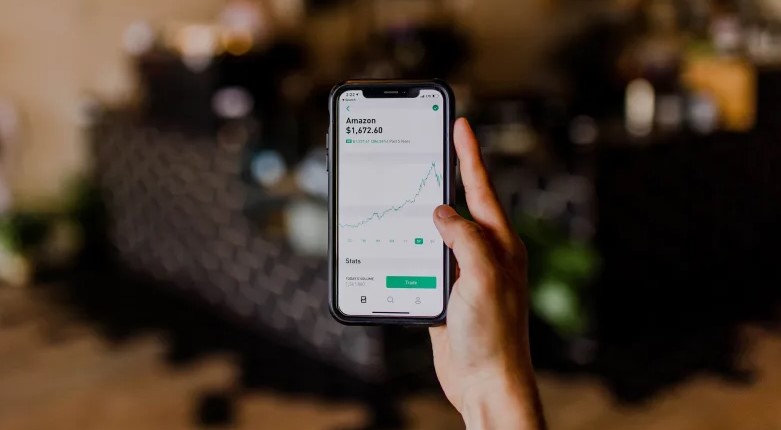
If you want to grow your net worth, saving as much of your income as possible is a good start—but it’ll only get you so far.
To truly maximize your income’s potential, you’re going to have to do more than stick it in a savings account. You’re going to need to invest.
This means setting up a traditional IRA or a Roth IRA to help build up your retirement savings. It also means setting up a separate brokerage account to hold any savings that aren’t currently part of your emergency fund (or aren’t being saved for a short-term purchase such as a vacation).
Why you need a brokerage account in addition to your retirement accounts
Why should you consider a brokerage account—that is, an investment account that you can contribute to and withdraw from at will—in addition to your retirement investment accounts? Because your money will grow a lot faster in a brokerage account than it will in a savings account.
Yes, the market could drop and your investment accounts could lose money, which is why it’s not a good idea to invest your emergency fund. It also might not be a good idea to invest money you think you’ll need in the next few years, though that all depends on how much risk you’re comfortable with (and how much money you can afford to lose). Money Under 30 has a good analysis of the potential risks and benefits of investing money you plan to use in two years:
As you recognize, putting your money in anything but an FDIC-insured savings account always involves risk. So you have to ask yourself if the risk of losing some of your money is worth the extra return you could get by investing it. Let’s look at the numbers:
- If you start now with $3,500 and put in $500 a month in the ING account at 0.75 percent, you’ll have about $15,640 in two years.
- If you invested in mostly bonds and some stocks to hope for a return of 4 percent, you’d have about $16,200 in two years. Of course, a 4 percent return is optimistic — you might get closer to 2 percent, and there’s always the chance your investments could be flat, or even down, at the end of the period.
There’s one final consideration: Taxes. Savings interest is taxed at your marginal income tax rate. Any gains on investments you hold longer than one year as well as qualified dividends, are taxed at the lower capital gains rate. Regular dividends and investments you hold for less than one year are taxed at your income rate, as well. The bottom line is there is room to save a bit on your taxes by investing rather than saving.
How to get started with investing
So… how do you get started with investing? CNBC has a great overview, beginning with this reminder that investment accounts are still the best way to build wealth in our current economy:
You can’t save your way to wealth and not everyone can earn their way there. That leaves investing.
If the word “wealth” doesn’t sit well with you, feel free to substitute “net worth” or “financial security” or “enough money to retire.” The point is that investments are often one of the best ways to increase your income, whether you want to become wealthy or whether you just want to set aside enough money to cover a big expense like a wedding or a home.




























